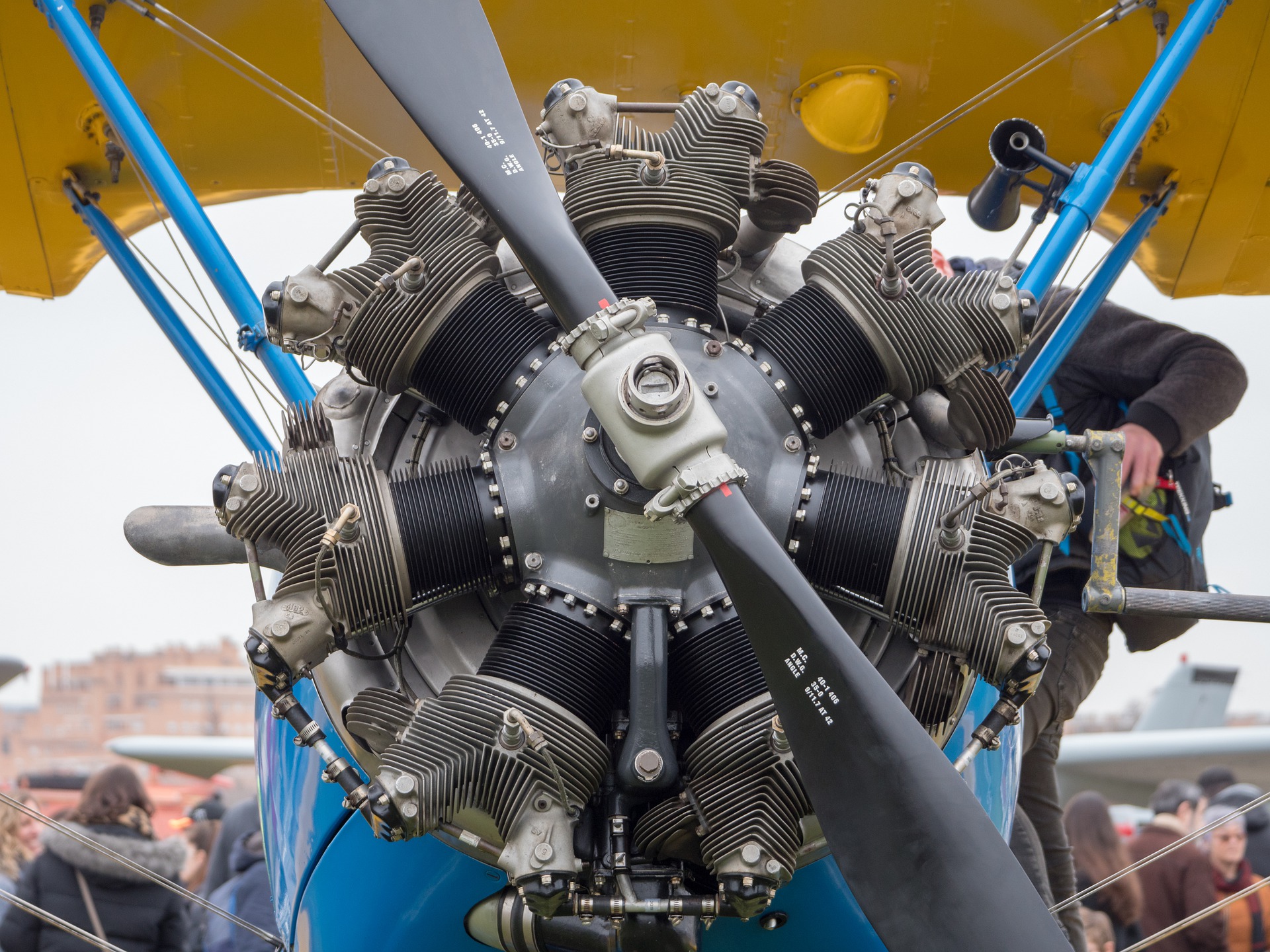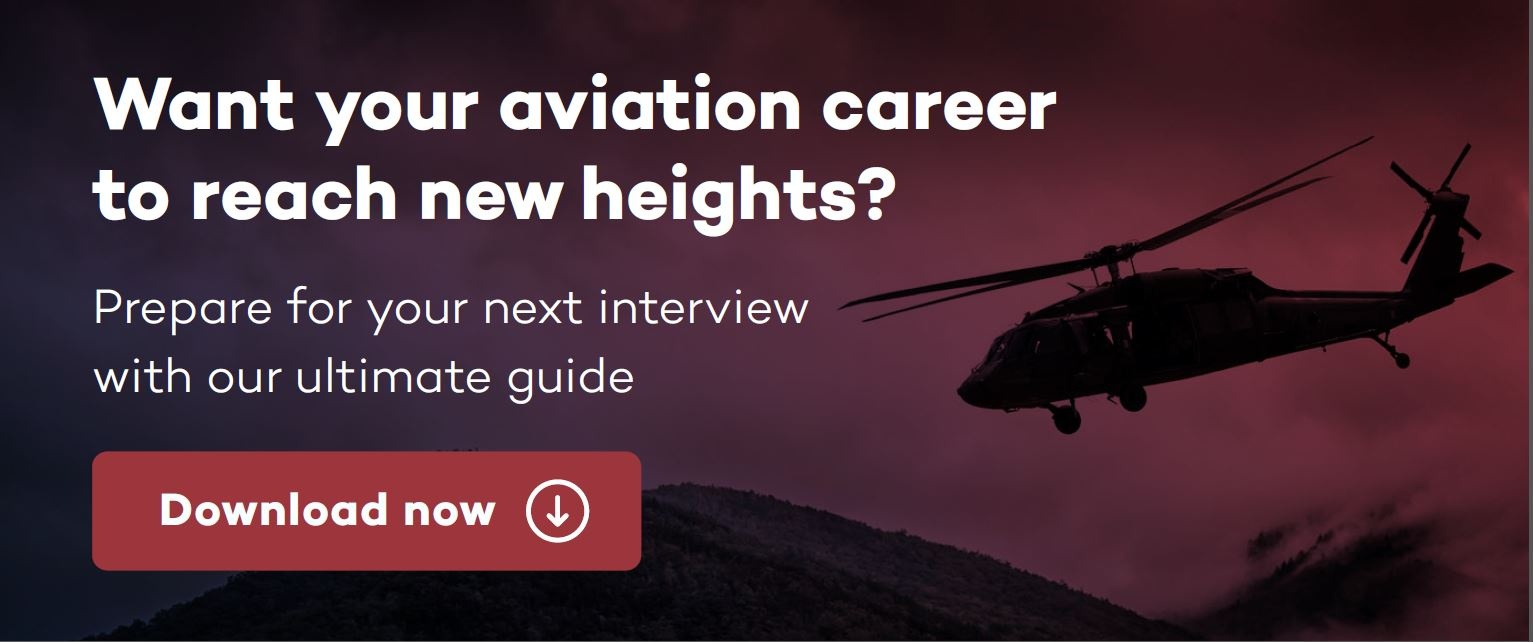Why aviation mechanic jobs are ideal for ex-military
When you leave the military for life on civvy street, there’s a lot to think about.
What type of job will you apply for? Do you have the right skills and experience? And will you feel fulfilled and satisfied with your decision?
Moving back to civilian life after years of service is a huge step, and it can be difficult to know where to begin. However, contract work can be a great way to transfer your skills and adapt to civilian life.
So, if you’re thinking about leaving the military and are unsure what to do next, you could consider working in an aviation contract role. Read on to find out more about aviation mechanic jobs with M&E Global...
Why work in aviation?
Aviation is one of the most dynamic industries to work in, and demand for skilled workers is high. What’s more, working as an aviation mechanic is also incredibly varied and fulfilling.
Every single day is different, from pre-flight checks, minor avionics and refuelling to base maintenance, diagnosing faults and arranging repairs.
Plus, if you undertake an aviation contract role with M&E, you could have the chance to work on some of the most exciting aircrafts in the world, such as Apaches, Chinooks – and possibly even Black Hawks.
Discover more about the different types of aircraft you could be working on in this blog or read on to find out why aviation mechanic jobs are ideal for ex-military...
5 reasons to consider working in aviation:
1. You’re not afraid of hard work
It takes a dedicated, highly skilled team to ensure that an aircraft can operate safely.
From repair and maintenance experts to those providing logistical and operational support, if you want to work in aviation, you need to be incredibly hard working.
If you come from a military background, you will most likely already have a strong work ethic. In fact, armed forces leavers are known for their exceptional work ethic, incredible level of commitment and the ability to work in truly challenging conditions, making you perfect for a role as an aviation mechanic!
2. You can cope under pressure
As an aircraft mechanic, you will be responsible for inspecting and maintaining multi-million-pound systems on aeroplanes and helicopters, and you might also need to carry out more extensive maintenance and repairs during longer periods of downtime too.
But being accountable for extremely valuable, high-tech components and the safety of those onboard is a huge task, so it’s essential that you are comfortable with responsibility.
Successful aviation mechanics must thrive under pressure, have impeccable organisational skills and excellent attention to detail – all of which you will have learnt from your time in the military!
3. You’ve got the skills
If you’re unsure about what route to take after leaving the military, the good news is that plenty of the skills you have picked up can be transferred to civilian employment – in fact, your military experience could even give you an advantage over other candidates!
From logistical skills and time management skills to communication skills, your military background will have equipped you with several transferable skills that are well suited to aviation roles.
Plus, if you have specific aviation experience from your time in the military, this will naturally set you apart from the competition, too.
4. You work well in a team
You know what they say – teamwork makes the dream work! And this is certainly true in aviation mechanic jobs where you will work as part of a well-oiled machine to ensure aircraft are safe to fly.
Luckily, the army is all about teamwork, and your time in the forces will have ingrained in you the ability to communicate well, work as part of a team and follow instructions.
You’ll most likely have picked up excellent leadership skills, too – and all these skills will put you in good stead for a role as an aviation mechanic.
5. You’ve experienced life overseas
With aviation contract roles, there’s the chance to work on exciting aircrafts in a variety of different locations all over the world. But it takes a certain type of person to work in an overseas contract role – and you might just find that your military background makes working abroad ideal for you.
For starters, some of the locations you could be deployed to might be familiar, and you’ll also be working with like-minded people too. What’s more, at M&E, most of our clients are either military clients or a prestigious employer with similar expertise, so you’ll feel right at home!
Why M&E
At M&E, we are experts in aviation recruitment – but we also have a wealth of experience of working with ex-military personnel.
As such, we have a unique appreciation of the contribution and sacrifice that those in the Armed Forces make whilst serving – and continue to do so once they leave the forces.
That’s why we are proud to have signed the Armed Forces Covenant, and we have also been awarded a Bronze Award in the Employer Recognition Scheme too. Meet our expert aviation recruiter Shannon to find out more about how we can help you make the transition to civilian life.
Roles with M&E
We have an array of exciting opportunities available and typically recruit mechanics who are responsible for the repair and maintenance of equipment.
In addition, we recruit sheet metal workers who are responsible for fabricating, modifying and assembling various helicopter sheet metal structural parts, components and assemblies.
In fact, the range of aviation mechanic jobs that we cover includes:
- Aircraft technicians, mechanics and engineers
- Avionics experts
- Ground support equipment mechanics
- Hydraulic technicians
- Welders
- Shipping/receiving clerks
- Warehouse and logistics specialists
We pride ourselves on matching each of our candidates with the right job and as such, we are here to guide you every step of the way, from writing your CV to interview advice. Contact us today to find out more.

